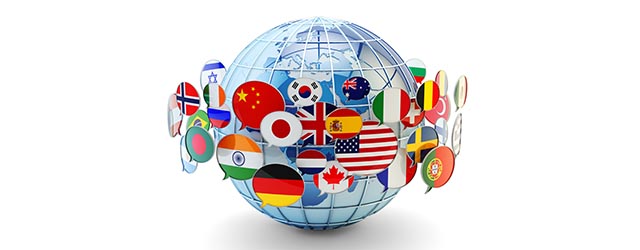Trade and tariff wars are more likely to spiral out of control now that the WTO is weaker than during tense periods in the past.

This isn’t the first time this millennium that the United States tried to impose tariffs. In the case of George W. Bush’s 2002 steel tariffs, the levies were removed after the World Trade Organization (WTO) announced a fine on the US.
But this time, international trade has a much bigger role. “Because we are more global than in the past, any challenge to the global trading order has to be considered more significant,” says UBS’s Paul Donovan.
And the WTO, which has always been slow to respond, is weaker. In fact, the role of WTO, created in the mid-1990s from the evolution of post-World War II trade deals, is seriously compromised because Washington’s recent measures have been announced at a time where three judges out of seven have left the board and haven’t been replaced. By its own bylaws, the WTO needs three judges to sign off on every appeal ruling.
“At this time, the US has been blocking the nomination of the members of the dispute-settlement mechanism of the WTO, which is the one that has helped resolve the previous situations,” says José Antonio Ocampo, a Columbia University international affairs professor and Colombian central bank director. “I think one very important part of the solution has to be the nomination of the full [slate of judges].”
Built from the 1986-93 Uruguay round of negotiations carried out under the General Agreement on Tariffs and Trade, the WTO comprises 123 member-countries. Because of its size and the complexity of multilateral negotiations, WTO has so far produced few results in its largest negotiations, creating frustration from most participants. The recent Doha round of negotiations was abandoned for lack of results.
Doha “was a missed opportunity at a good moment of large expansion for world trade. The type of bilateral re-negotiations the US is currently pursuing with selected countries are dangerous because they undermine the credibility of multilateral trade agreements and institutions,” says economics professor Gianmarco Ottaviano of Bocconi University.
“There is a risk to going back to the 1930s, before the WTO and GATT,” Ocampo concludes. “Fortunately, we are not there yet.”



